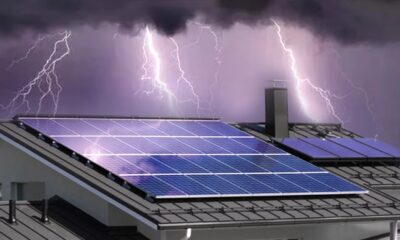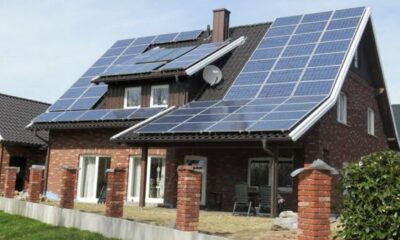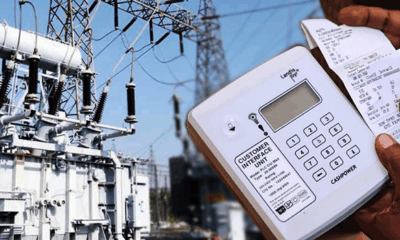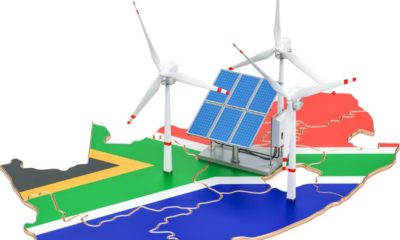Best of Johannesburg
The Top 5 Inverter Myths Costing South Africans Money in 2025
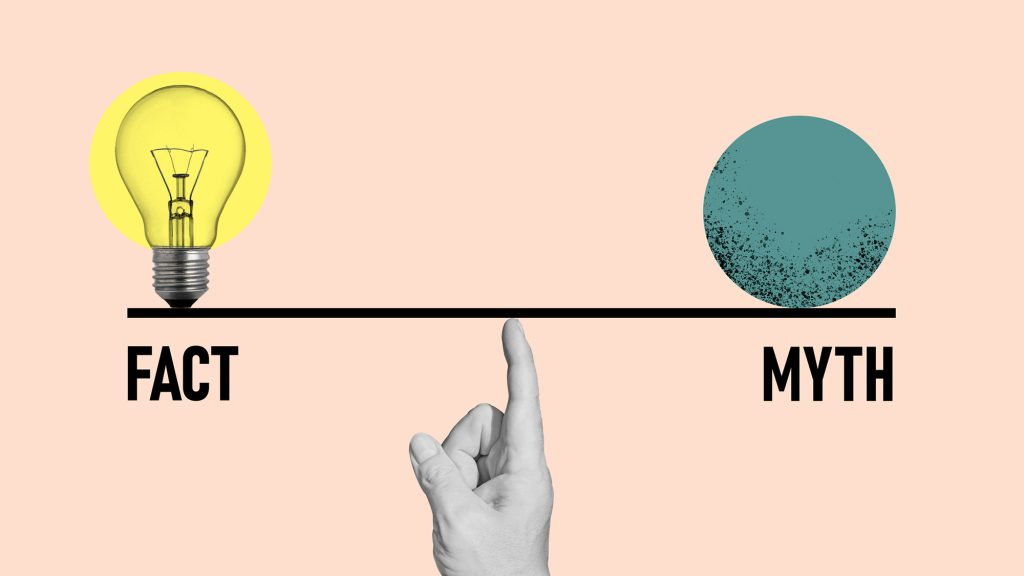
Solar Sense: Top Inverter Myths Tripping Up South African Homes In 2025
Inverters have quietly become the beating heart of South Africa’s home solar setups, but misinformation is still making the rounds, especially in Joburg, where load shedding looms large and rooftop solar is booming. If you’re planning to go solar or already have a system installed, these five common inverter myths could be draining your wallet and undercutting your power backup.
It’s time to clear the air.
Also read: Cheap Ways to Keep Your Fridge Cold Without Power in South Africa (2025)
Myth 1: Inverters Are Too Pricey to Be Worth It
Think inverters are luxury tech? Not anymore. Thanks to global manufacturing scale-ups and improved local availability, costs have dropped significantly. Residential panels now start at around R13 to R18 per watt, and the inverter typically makes up a small portion of that.
Given how Eskom tariffs have surged by more than 450 percent since 2014, investing in a solar-plus-inverter setup isn’t a splurge, it’s a long-term financial survival plan.
Myth 2: Inverters Waste Half Your Power
This old rumour persists, but it’s far from reality. Modern inverters boast efficiency ratings between 97 and 99 percent, thanks to technologies like Maximum Power Point Tracking (MPPT). This means they adapt to real-time sunlight levels, even in cloudy or shaded conditions, and extract maximum usable energy from your panels.
In short: they’re designed to squeeze every last watt from your rooftop.
Myth 3: Inverters Black Out During Power Cuts
This one’s half true, but only if you’re using a basic grid-tied inverter. In 2025, most savvy homeowners are switching to hybrid systems that seamlessly kick in during load shedding. These inverters switch to battery power in under 10 milliseconds, keeping your fridge, Wi-Fi and lights running through the darkness.
South Africa’s battery storage capacity hit 2,052 MWh this year, and much of that is happening at the household level. Going off-grid (or just semi-independent) is no longer just for the wealthy; it’s for the well-informed.
Myth 4: Inverters Are Noisy Machines
While older inverters may have emitted a slight hum, today’s models are engineered for silence. Most run at under 25 decibels, quieter than a fridge. That means no annoying background buzz, whether the inverter is mounted inside your garage or on an outside wall.
Your dog will probably hear the neighbour’s gate open before it hears your inverter.
Image 1: Freepik
Myth 5: All Inverters Are the Same
Not all inverters are created equal. Some are better suited for basic solar-to-grid conversion. Others are hybrids, capable of directing excess power into storage or adapting to different household loads. You’ll also need to match the inverter to your home’s electrical phase setup, single-phase or three-phase.
Brands like Solis and Deye are gaining traction in South Africa for their reliability and integration options, but the right choice depends entirely on your needs and setup.
Why It Matters in Joburg
With Eskom scaling back support for coal plants and pushing more financial responsibility onto end-users, Johannesburg homeowners are moving fast to install rooftop solar. By 2025, rooftop systems contribute over 2.31 GW nationwide, more than double what was installed just a few years ago.
Your neighbour’s panels might look identical to yours, but if their inverter isn’t up to the job, they could be sitting in the dark while you’re cooking dinner during stage 6.
That’s the difference good information makes.
Local Take-Home Tips
-
Ask your installer about hybrid inverters with MPPT technology.
-
Make sure the inverter is sized and phased correctly for your property.
-
Check if your system qualifies for municipal rebates or incentives under REIPPPP.
-
Look for models with app-based monitoring so you can track usage and faults.
-
Insist on inverters with warranties of 10 to 15 years; don’t settle for less.
Inverter myths aren’t just harmless half-truths, they could cost you power, peace of mind, and serious money. South Africans deserve better than outdated assumptions and sketchy advice. With the right system, you can dodge load shedding, slash your electricity bill, and keep your household humming along, quietly and efficiently.
Don’t just install solar; do it smartly. The light stays on for those who plan ahead.
Also read: Prepaid Electricity Hacks: How to Stretch Your Units Further in South Africa 2025
Follow Joburg ETC on Facebook, Twitter , TikTok and Instagram
For more News in Johannesburg, visit joburgetc.com
Featured Image: Association for Psychological Science

